Twentieth Century Literature Emerging Trends
The literary canon of twentieth century illustrates an aesthetic shift marked by a tendency of literature to turn more experimental more anxious, and more self-questioning. The two world wars the social and political upheavals, the consolidation and expansion of multinational capitalism, the emergence of the information age, the struggle of postcolonial voices after the end of the British Empire, and the changing configuration of a new multicultural population have led to a refashioning in the arena of literary studies.
Encompassing an array of diverse aesthetics styles and approaches the essays in twentieth century literature: emerging trends aim to discuss the new developments in twentieth century literature both by embracing new critical paradigms and by re-examining the relationship between the transnational/cultural the global and the postcolonial in a rapidly evolving field. The anthology seeks to take up the challenges in twentieth century literary tradition which have been explored by various writers, interrogating the cultural implications of generic boundaries by feminist writers rereading gender in conjunction with other categories such as race and class and by multicultural writers whose work emanates from and approaches the postcolonial situation and reveals new insights into the politics of literary canon formation. It will undoubtedly prove valuable to the students and teachers of English Literature and researchers in this field.
Contents: Preface. 1. Celebrating the cosmopolitan constellation of Indian booker prize winners: a postcolonial study. 2. Excursions into otherness transgressing race, nation and cultures. 3. Bounded realms and contested identities, Jhumpa Lahiri’s Lores from Bengal, Boston and beyond. 4. Toni Morrison’s beloved: reading black reading feminism. 5. Legacies of Madness and pangs of partition in Manto’s Toba Tek Singh: Fissures and silences. 6. Christian despair in Graham Greene’s the heart of the matter. 7. The ecocritical insurgency in Chinua Achebe’s things fall apart. 8. Negotiating gendered identity in Meera Syal’s Anita and Me and Monica Ali’s brick lane. 9. Translated existence of humans borne across in a change of skies: a cross cultural survey. 10. Reconfiguring the new girl identity in Suchitra and the Ragpicker and keeping corner…..
Get it now and save 10%
BECOME A MEMBER

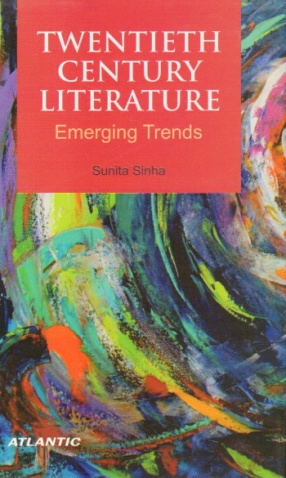
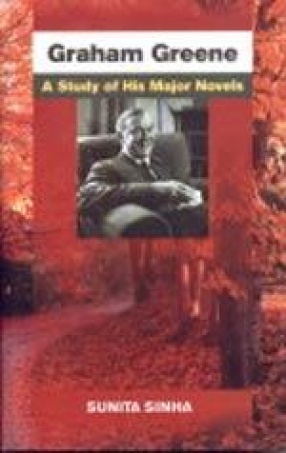
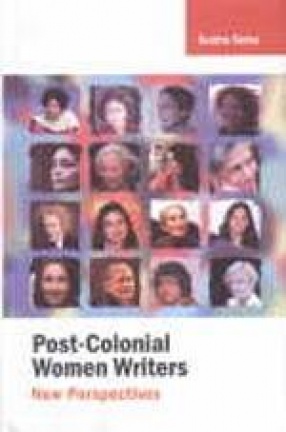
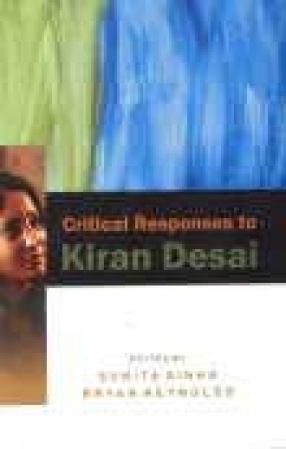
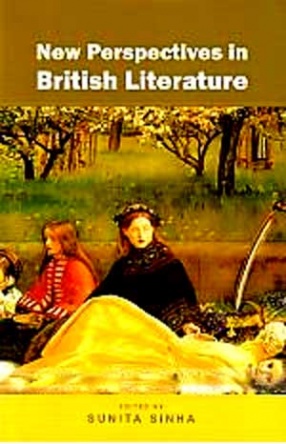
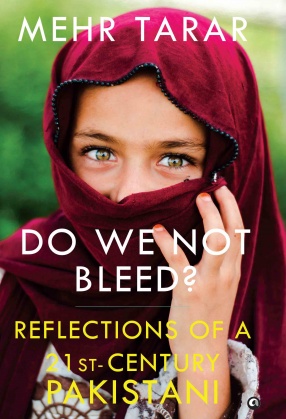

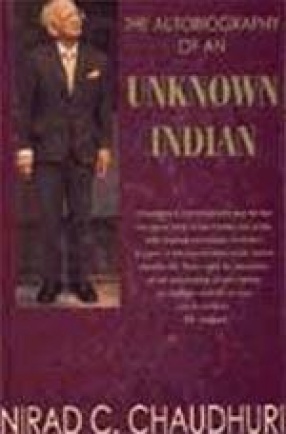
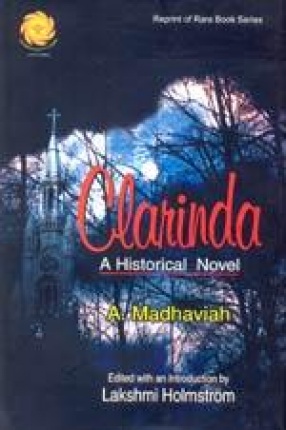

Bibliographic information